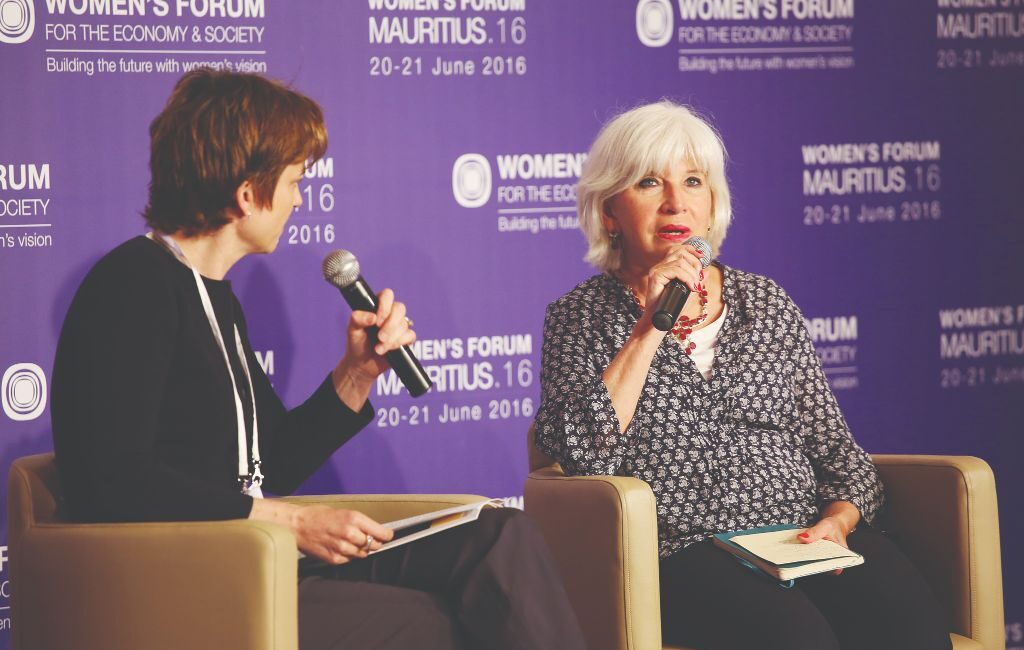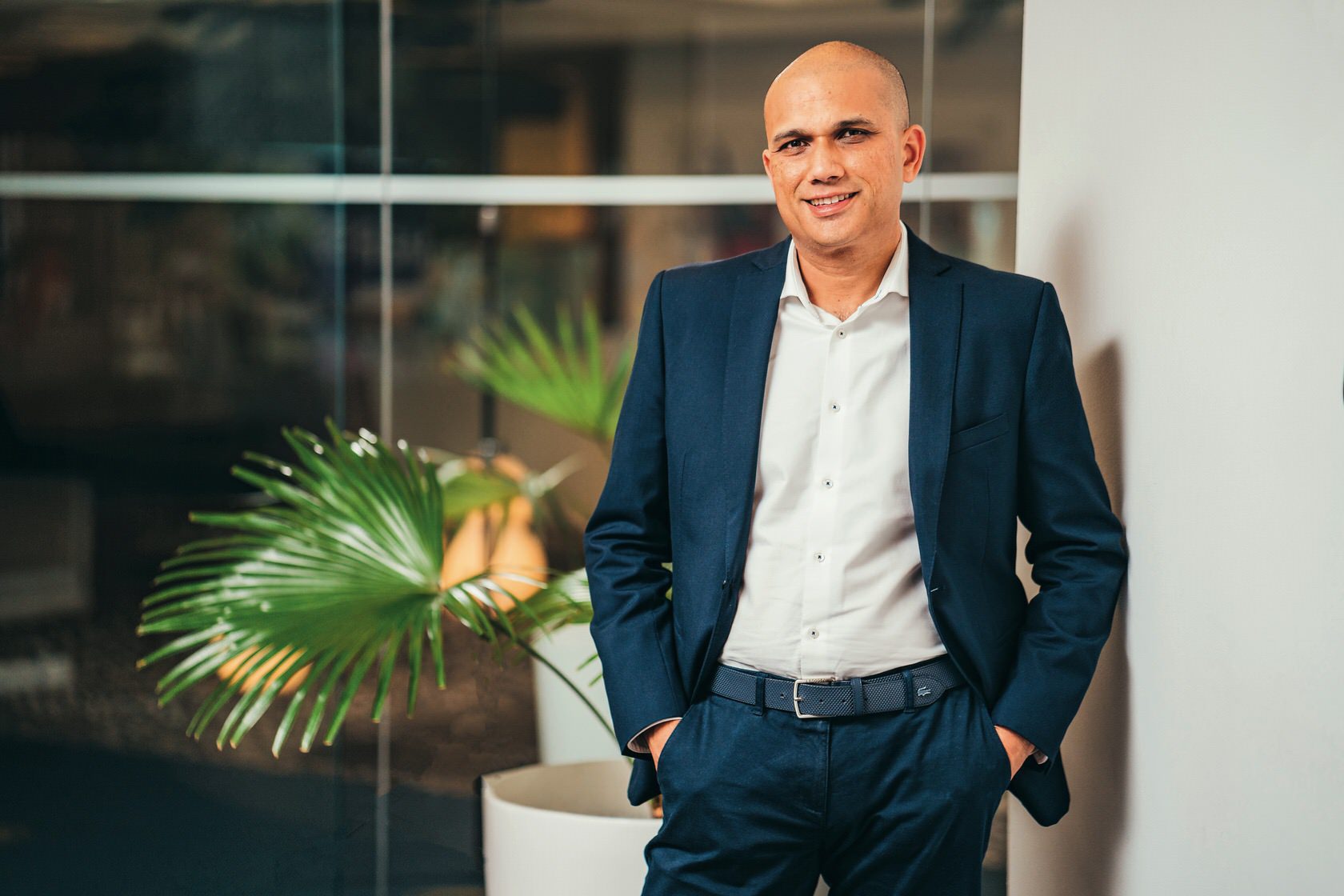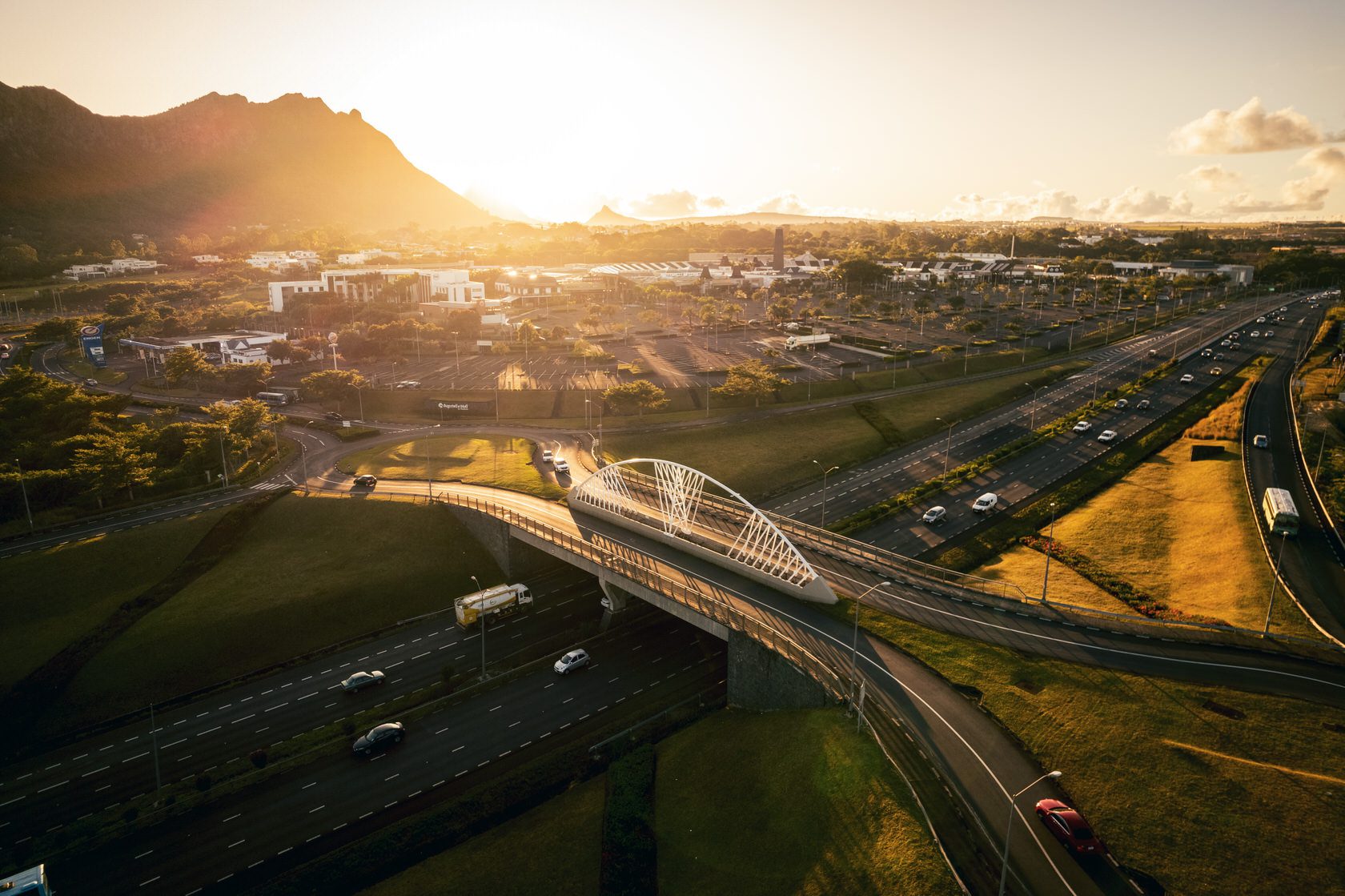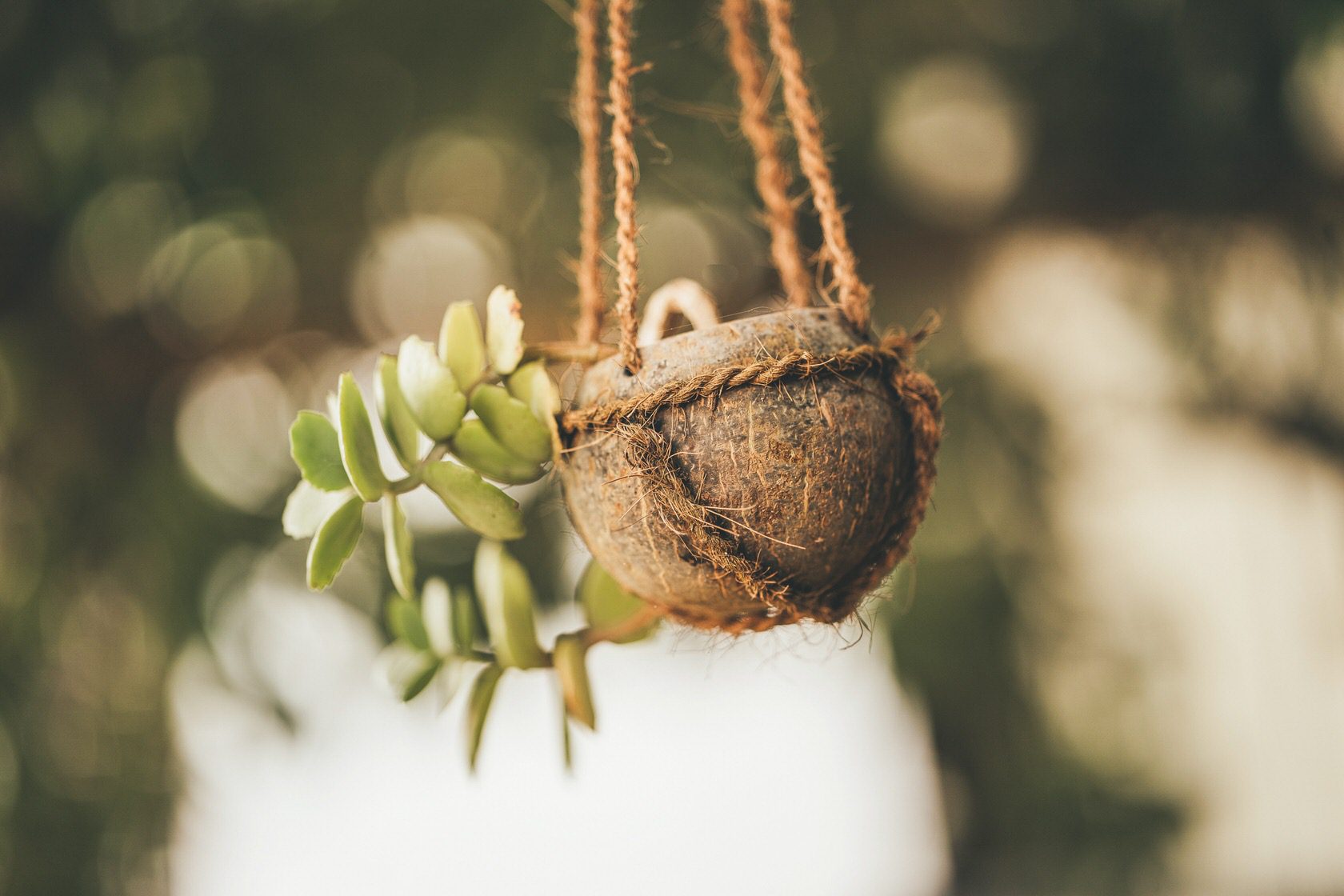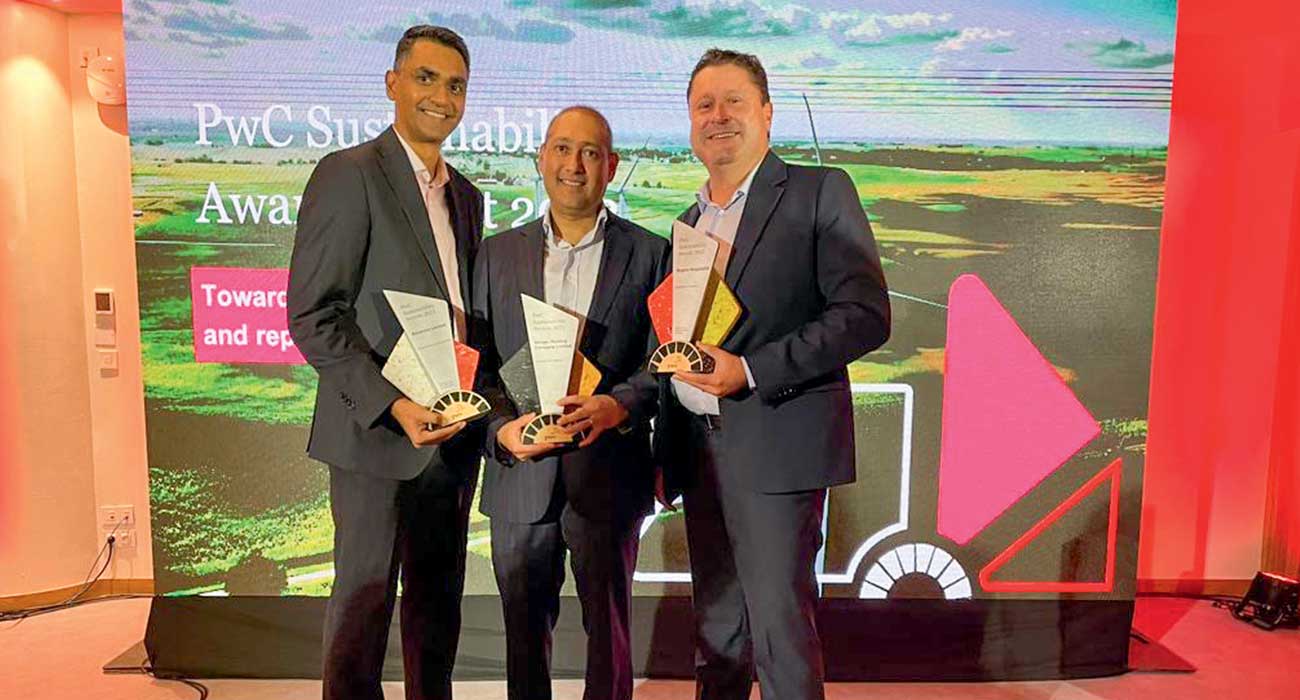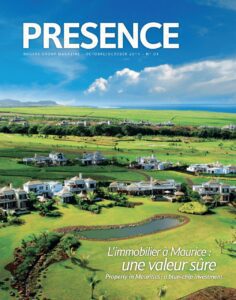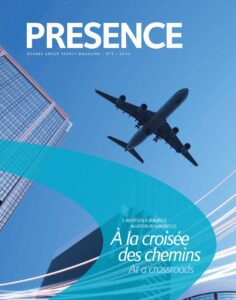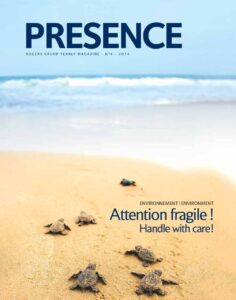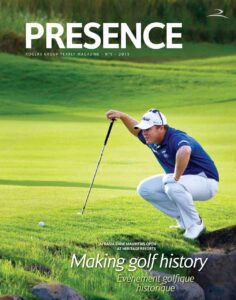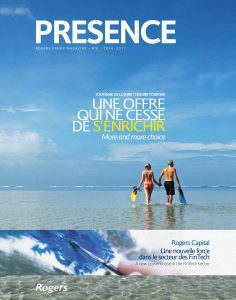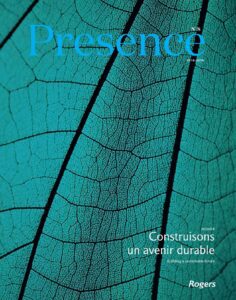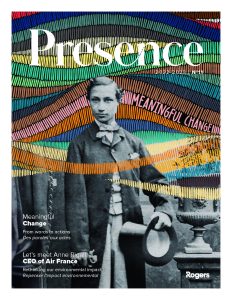LAURENCE TUBIANA, FRENCH AMBASSADOR FOR INTERNATIONAL CLIMATE NEGOTIATIONS
Laurence Tubiana, France’s Special Representative for the 2015 Paris Climate Conference (COP 21) was one of the speakers at the Women’s Forum Mauritius. She was very struck by the quality of the contributions and the range of countries represented.
Is there really much hope after COP 21?
Yes, of course, because we have changed the timeframe and I think everyone accepts that. We no longer need to negotiate an agreement. Now we need to implement it, find the funds, identify the projects, get countries to make their individual plans – which is something they want to do – and turn those into policy and included in their investment plans. Everyone is now thinking, “What can we do differently?”
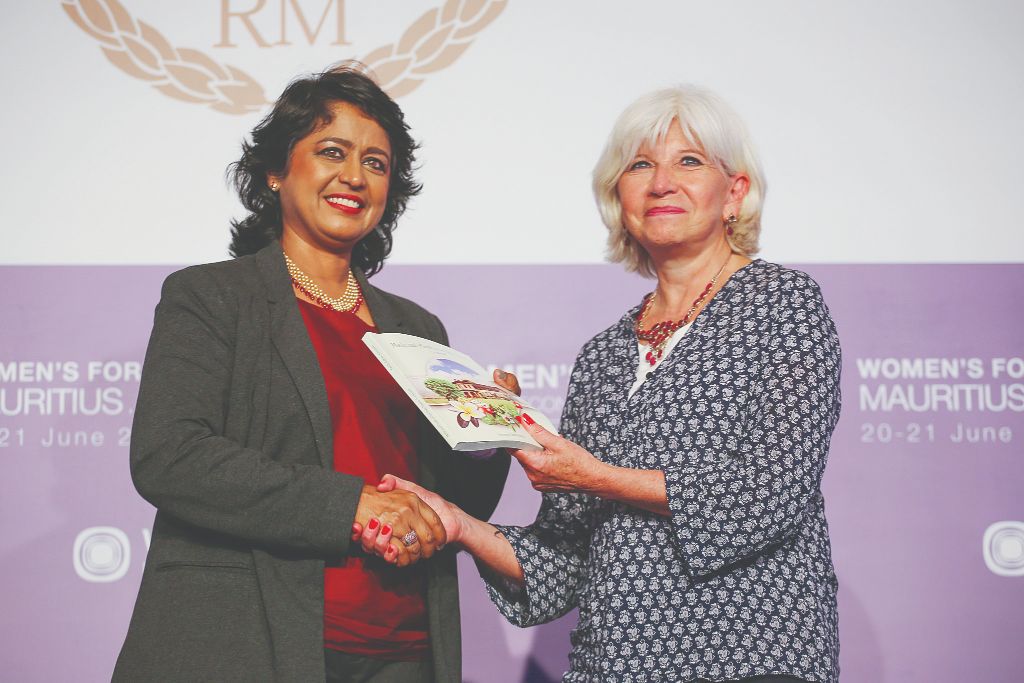
How do things stand on funding?
Increasingly, the financing is available. There is growing confidence amongst private investors who, of course, are helped by the investments made by international bodies and donors. A lot will depend however on the capacity of countries to produce solid plans so that we can see where things are going and thereby attract further public and private financing. Undoubtedly some countries will need little bit of help in terms of finalising their projects as sometimes they have insufficient expertise of their own. Especially where renewable energy sources are concerned, things have moved on. No one thinks they’re riskier than reliance on coal, investors are starting to get used to financing them so that I think that for Mauritius and island states in general, there are fantastic opportunities.
What are your impressions of the Women’s Forum Mauritius?
I know the Forum best in France. It’s the first time I’ve been to such a forum elsewhere and I find it very interesting. I’ve been particularly struck by the quality of the speakers and the range of countries represented. I think it’s a great success.
When we’re talking about the impact of climate change on small island states, how can the holding of such a forum in an island help?
The Forum is first of all for women with responsible positions in business and politics but it’s interesting to focus on the environment as subject. I believe it is very much linked to the fact that it’s been held on an island and has brought together many islanders. A good twenty island states are represented and they bring to the international debate both various levels of development but also a preoccupation with high exposure to environmental changes and the particular need of small countries to protect their limited resources. From this point of view, I think islands have an important role.
The Rogers Group intends to create an interactive resources centre on land and marine ecosystems, which will be a first in the region. Can small island states act as an example for greater nations in leading the way and introducing such structures?
Absolutely! For small islands, the fact of passing from being victims of environmental changes to those who say, “Here is what we want to do, here’s our plan, here’s our decision and here are our proposals” changes everything. And I think this is the right moment.
Portrait
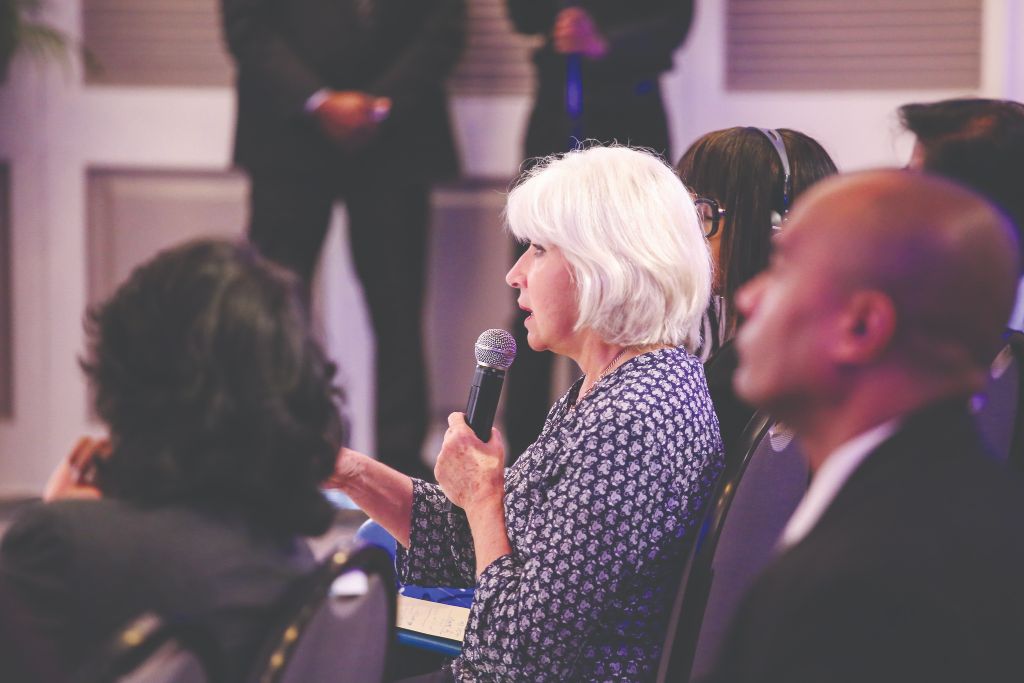
Born in 1951 in Oran (Algeria), Laurence Tubiana graduated from the Institute of Political Studies (IEP) in Paris, followed by a PhD in Economics. Currently professor and director of the Sustainable Development Centre at Sciences Po Paris, she is the founder of the Institute for Sustainable Development and International Relations (IDDRI) in Paris. She has also co-authored the book “Anticiper pour s’adapter – Le nouvel enjeu du changement climatique” and is also a member of the China Council for International Cooperation on Environment and Development (CCICED) and the Scientific Council of the main French institute for research into international economics, CEPII. An Officer of the French Legion of Honour, she was officially appointed Ambassador for Climate Change Negotiations in June 2014. In charge of negotiating the international agreement concluded in December 2015 during the Paris Climate Change Conference, since January 2016 she has been given the high-level ranking of “championne de haut niveau” for the follow-up of the commitments made during COP 21.

